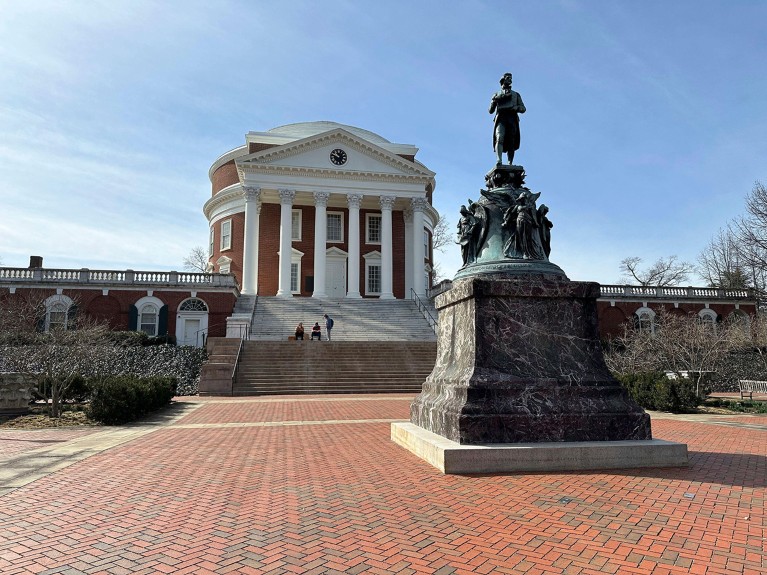How scientists are pushing back against Trump’s funding ‘deal’ for universities
Summary
US President Donald Trump offered a higher-education “compact” that would align university admissions, hiring and research with administration priorities and tied compliance to continued federal research funding. The move prompted swift opposition from academics and at least seven of the nine institutions first invited to reject the compact — including MIT, Brown, UPenn, Dartmouth, USC, the University of Virginia and the University of Arizona. Key objections centre on threats to academic freedom, limits on admissions criteria (including measures that would bar consideration of sex, race or nationality and impose a binary gender definition), caps on international students, and new tuition conditions for schools with large endowments.
The compact was heavily influenced by financier Marc Rowan and comes amid broader actions from the administration targeting universities, such as attempts to cap indirect-cost reimbursements and freezes of federal grants at some institutions. Some universities have already negotiated settlements to restore funding, while others say the compact represents an unacceptable intrusion into academic autonomy.
Key Points
- Trump offered a “compact” linking federal research funds to institutional adherence to administration priorities.
- Seven of nine initially invited universities have publicly refused to sign, citing academic freedom and institutional autonomy.
- The compact would restrict consideration of sex, race and nationality in admissions and define gender as strictly male or female, potentially marginalising transgender and non-binary people.
- It proposes a 15% cap on international undergraduates and conditions free tuition for some degrees at institutions with very large endowments.
- The policy was shaped by billionaire Marc Rowan and comes alongside other funding pressures such as attempted indirect-cost caps and temporary freezes of grants.
- Universities and researchers argue that such conditions should be debated and legislated by Congress, not imposed administratively.
Why should I read this?
Short version: this isn’t just politics — it could change who gets in, what gets researched and whether universities can call the shots on academic freedom. If you care about research, student diversity, or whether science stays independent, this is worth two minutes of your time.
Context and relevance
The story sits at the intersection of higher-education policy, research funding and the politicisation of academia. It follows earlier administration moves that have already disrupted grants and hiring, increasing financial and operational uncertainty for research institutions. If the compact or similar measures spread, they could set a precedent for tying federal research support to political conditions — with long-term consequences for diversity, international collaboration and open inquiry. For researchers, university leaders and policymakers, the episode underscores the fragile balance between government oversight of public funds and institutional autonomy in shaping academic priorities.

